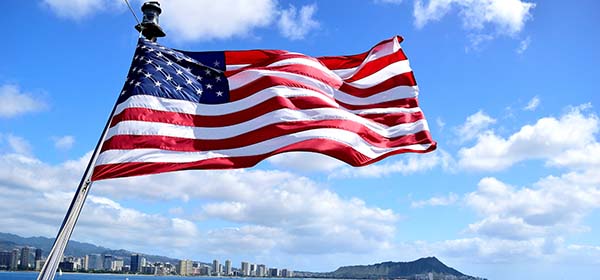
UPDATE : 2024/04/19

UPDATE : 2024/04/22

UPDATE : 2024/04/22
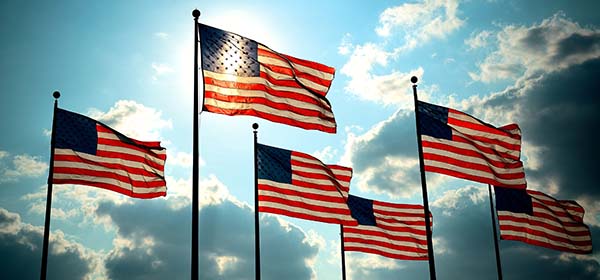
UPDATE : 2023/02/13
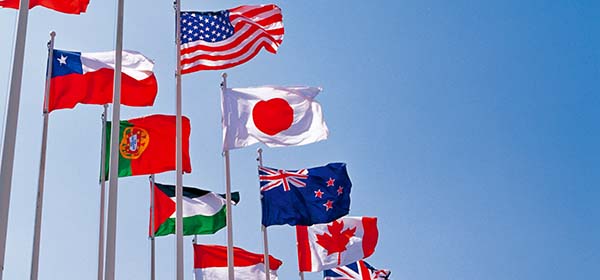
UPDATE : 2024/01/17

UPDATE : 2024/01/17
Contents
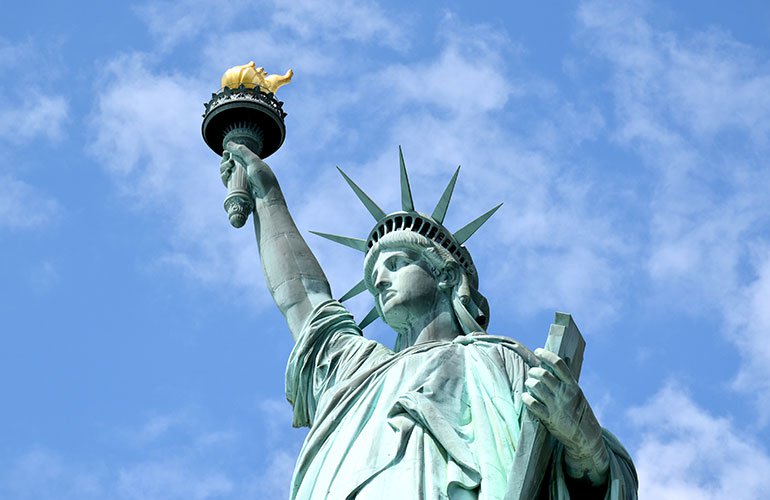
Numerous internship programs permit visitors to live and work lawfully in the United States. One of these is the J-1 visa internship program, which is used widely, chiefly by young people. While screening for U.S. employment visas tends to grow increasingly strict from year to year, it is relatively easier to secure a J-1 visa, intended mainly for internships. For this reason, increasingly those who satisfy the conditions for a J-1 visa choose to apply for one instead of an employment visa. The working holiday program is similar to the J-1 visa program. How does a working holiday differ from a J-1 visa? This page describes details of the J-1 visa and how to obtain one, for those who desire to live and work, or intern, in the United States.
A J-1 visa is subjected for visitors to the U.S. as part of an exchange program. If you wish to work for a U.S. company for employment or internship, you must obtain an H visa to work legally. However, it is becoming increasingly difficult to obtain an employment (H-1) visa from year to year, and in some cases even those who have obtained the visa are encouraged to work in occupations other than their intended ones. While finding employment may go smoothly for those who already have connections to companies in the U.S., for others the proactive support of a U.S. corporation and decision-making on one’s own job-seeking activities are essential. J-1 visas are attracting particularly young applicants, due to the difficulty of obtaining working visa (H-visas) and the facts that a J-1 visa can be obtained in a shorter period of time. Like a working holiday, a J-1 visa permits the visitor to stay in the U.S. while earning a salary from a paid internship from the company in the U.S. A J-1 visa is required for an internship in the U.S. whether paid or unpaid. Be sure to check the terms and conditions of employment with your employer before coming to the U.S. The J-1 visa is for those who are coming to the U.S. for work purposes, as opposed to the Working Holiday, which is primarily for vacation purposes.Those who wish to work in the U.S. for a short period of time and improve their business skills are encouraged to apply for a J-1 visa. For more information on visa types and application procedures, please see “Variety of U.S. visa (non-immigrant visa application) and application procedures”.
The J-1 visa is intended mainly for those participating in exchange programs. It is subdivided into 14 types. Of these, many Japanese visitors apply for the trainee and intern visas, both of which are intended for those participating in training for business and other purposes in the United States. J-1 visas are supervised by a separate agency than employment (H) visas, with the former under the jurisdiction of the Department of Commerce and the latter under the Immigration and Naturalization Service’s jurisdiction. In addition, many sponsors for J-1 visas are not the companies where the internships take place but nonprofit organizations authorized by the Department of Commerce. Visitors with J-1 visas are permitted to participate in training and internships at companies to which they are dispatched by authorized nonprofits. Those eligible to apply as trainees are with at least one year’s professional experience outside of the U.S. if graduates of junior colleges or four-year colleges or universities and those with at least five years’ professional experience outside of the U.S. if graduates of high school but not college. While there are no age restrictions on J-1 visas, in light of their nature as chiefly training visas they are used mainly by those in their 20s up to the age of 40 years or so. In general, the period of validity of a J-1 visa is 18 months, although it is only 12 months if the field in which the training takes place is related to tourism, restaurants/bars, or hotels. Those eligible to apply for internships are aged 30 or younger who either currently are students at junior colleges, four-year colleges, universities or those in their first year after graduation from junior colleges, four-year colleges or universities who have not professional experience. For an internship, the period of validity of the J-1 visa is 12 months regardless of the type of business.
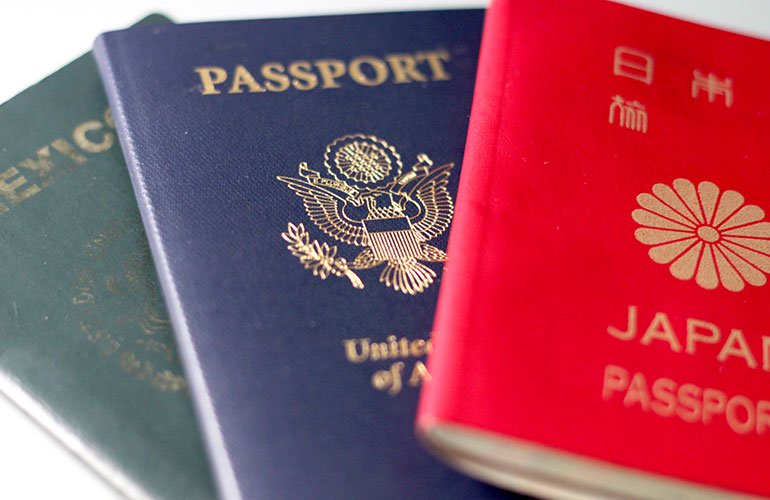
Those with J-1 visas are permitted to stay in the U.S. from 30 days prior to the staring date of the exchange program as indicated by the Certificate of Eligibility for Exchange Visitor (J-1) Status (DS-2019) issued by its organizer to 30 days after the program’s ending date as shown on the DS-2019.
The U.S. Embassy website defines a J-1 visa as follows. The exchange visitor program’s J visa is designed to promote the interchange of persons, knowledge, and skills in the fields of education, arts, and sciences. The primary focus of the program must be training and skill development. The trainee may not replace or augment the regular staff by filling a position that would otherwise be held by a regular employee. Providing a detailed training plan is helpful to determine eligibility.
| Costs of obtaining a J-1 visa(estimate) | USD 4,000~5,000 (for an intern) USD 4,500~6,000 (for a trainee) |
| How long it takes to obtain the visa | 2~3 months |
| Period of validity | 12 months (for an intern) 18 months (for a trainee) |
| Renewal | Not permitted |
| Permission for spouse to work | Not permitted (a spouse must have a J-2 visa) |
Simply finding an employer in the U.S. and having it issue a DS-2019 (IAP-66) form does not mean that a J-1 visa necessarily will be issued. United States embassies and consulates screen applications for J-1 visas based on consideration for matters such as the relationship between the applicant and the employer, the applicant’s specialized skills and English abilities, and plans for matters such as his or her activities while in the United States. Matters such as the J-1 visa applicant’s family situation and funding (assets) necessary to cover the costs of his or her stay in the U.S. also are subject to screening. Be sure to prepare adequately when applying for a visa.

As its name implies, the working holiday program permits visitors to work to earn their cost of living while enjoying a holiday in the United States. The working holiday program can be described as having been created not merely to encourage work but to deepen international understanding through learning about different cultures by staying in the U.S. for a lengthy period. The conditions of a working holiday are described as follows: A working holiday visa is one type of visa, and a working holiday is described as a holiday on which a young visitor is authorized to enter the country on holiday and to work to earn the costs of living during his or her stay based on arrangements between countries or regions.
Spouses and unmarried children under 21 years of age accompanying a J-1 visa holder may apply for a family J visa (J-2 visa). Check the applicable conditions below.
When applying for a J-1 visa, the following documents must be submitted to the embassy or consulate. English translations must be attached to all documents prepared, since they will be screened in the United States. Submittal of documents other than the following may be demanded depending on the status of screening and the applicant.
| Those with serious criminal records | The following documents must be submitted in addition to the basic documents:
Note: To maintain confidentiality, place these documents inside a sealed envelope and submit them to the embassy or consulate. Consular officers will review the documents individually, as prescribed by law. Note that the application will be cancelled if the documents submitted contain any false information. |
Applicants planning to participate in exchange programs organized by the U.S. federal government, USAID, the Bureau of Educational and Cultural Affairs (ECA), or similar sponsors may be eligible for waiver of J visa application fees. Programs eligible for waiver of the J-1 visa application fees are ones with program numbers that begin with G-1, G-2, G-3, or G-7. Check the program number shown on the DS-2019. Qualified applicants are eligible for waiver of the costs of J visa application and SEVIS costs, and they also are eligible for different interviews than ordinary J-1 visa applicants. Check with a U.S. embassy or consulate for details. (Those eligible for this waiver may not make appointments online.)
While a J visa is similar in nature to an H visa, known generally as an employment visa, its main purpose can be described as international cultural exchange, not employment or working. For this reason, many of its applicants are relatively young, and it involves a wide range of active social contributions and exchange. There are various types of visas, and increasing numbers of Japanese nationals are applying for not only J visas but also B-2 visas, for long-term stays for sightseeing purposes, and B-1 visas for business purposes. General travel to the U.S. such as travel on organized tours requires application for ESTA, not for a visa. Even those passing through the U.S. in transit, regardless of age, must obtain ESTA. Those planning to stay in the U.S. for 1~90 days should complete application for ESTA at least three days prior to traveling to the United States.
UPDATE : 2023/02/13